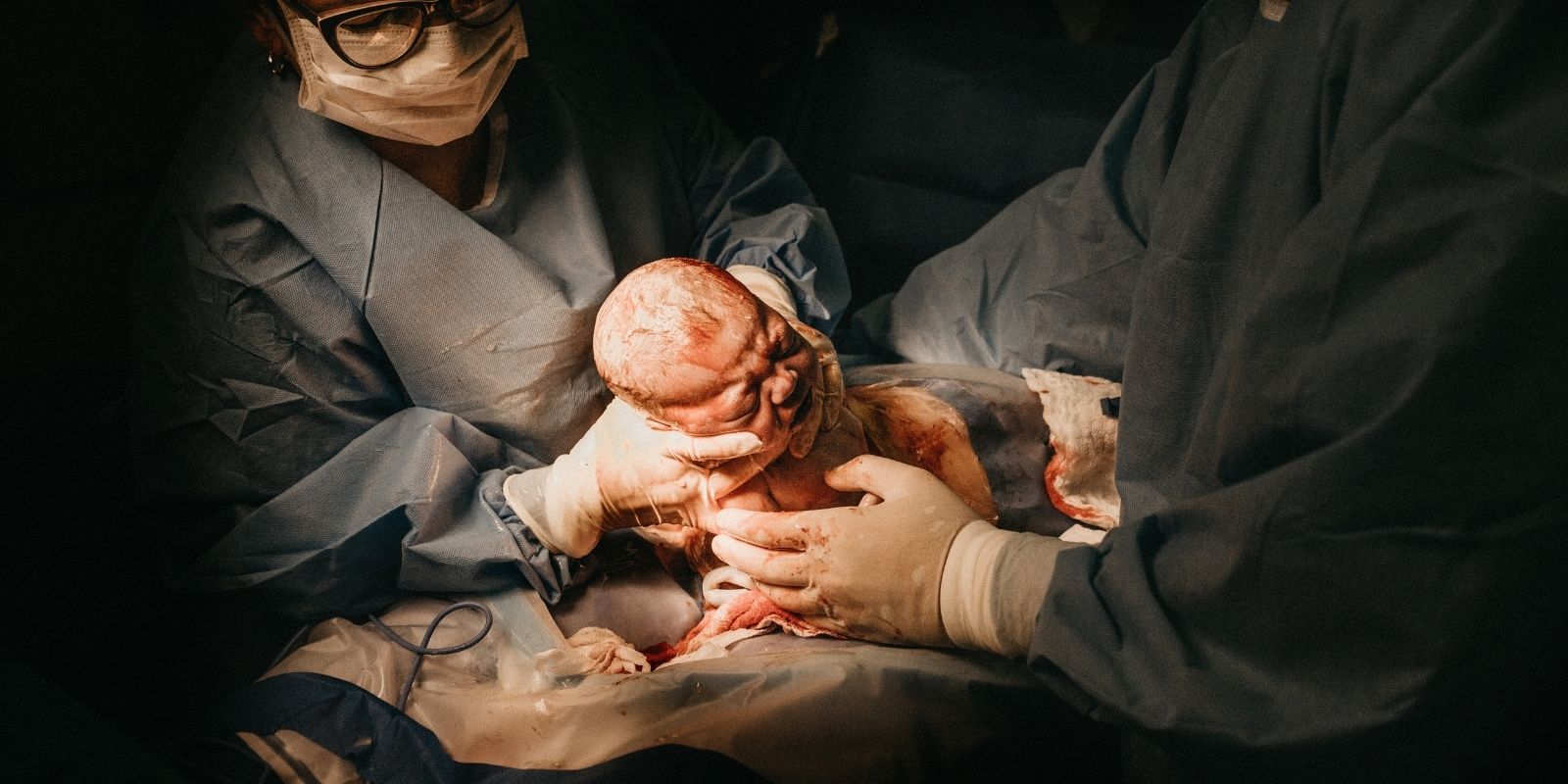“Secondary Infertility: What You Need to Know” | myMindBodyBaby
Secondary infertility is the inability to conceive after a prior clinical pregnancy. And it often takes couples completely off guard. You were able to get pregnant before. Why can’t you become pregnant now?

The emotional impact
Frustration. Anger. Confusion. One woman describes her feelings:
I truly believed that trying to conceive the second time would be “easy”. So, when I found myself still not pregnant after months of trying, I was shocked. I felt frustrated, helpless, and let down by my own body. I was doing everything the same as the first time, but for some reason, it just wasn’t working.
– Sarah, age 37
Causes of secondary infertility
There are a number of different reasons why secondary infertility may occur:
- Advanced maternal age: naturally you will have aged since your last pregnancy and fertility declines with age
- Male Factors: changes in sperm quality, concentration, or delivery can impact fertility
- New Partner: if you have a new partner vs. your prior pregnancy, male factor infertility may now be playing a role
- Prior Pregnancy Complications: trauma, scarring or other issues resulting from your past pregnancy may impede your ability to become pregnant and carry the baby to term
- Hormonal conditions: some conditions may have been exacerbated following your prior pregnancy such as…
- Increased Risk Factors: lifestyle changes (smoking, alcohol or recreational drug use, eating habits, exercise frequency) may have changed in one or both partners, negatively impacting fertility
- Worsened Existing Conditions: you may have had an existing condition (endometriosis, PCOS, etc) that has become worse with age, or following your prior pregnancy
- Unexplained Secondary Infertility: like primary infertility, some couples fall into the “unexplained” category of infertility
What can be done?
Secondary infertility can leave you feeling very confused and helpless. If you have been trying to conceive for over 6 months if you are over 35 years old, or over 12 months if you are under 35 years old, it is time to investigate. This article covers what to expect when you first visit your doctor about your fertility and the resulting fertility testing and options.
Depending on the cause of your secondary infertility there are some steps you can take to help support your fertility health and goal of growing your family.
Egg Health
While a certain decline in egg quality and quantity is expected with age, there are steps you can take to support egg health. Our resident nutritionist, Michelle, wrote a great article on Improving Egg Health – check it out for an in-depth look at options available.

Some factors to consider when aiming to improve egg health:
- Nutrition: while you are born with all of the eggs you will ever have, each month a subset of them begins to grow – with one taking the lead. Nutritional building blocks like protein, fatty acids, and other components play a role in the maturation and growth of follicles. Check out this article on the top foods for fertility to see if there are any changes you can make to your diet.
- Lifestyle: your body composition and hormone levels can impact your fertility health. If your nutritional intake has changed, you are exercising more or less than you were before – or your same level of exercise is impacting you differently – or other lifestyle factors have changed, this may be playing a role in your egg health. Check out this article for more on how lifestyle can impact your ability to conceive.
- Stress Levels: Stress has been linked to lower AMH levels. Managing one or more children at home, work, home life and now the inability to become pregnant can all lead to psychological stress.
- Vitamin D: research has linked adequate vitamin D intake with AMH levels. If you aren’t already, consider adding a vitamin D supplement to your diet. For more on vitamins and supplements that may help support your fertility check out this article.
Male factor infertility
Forty to fifty percent of infertility cases are due to male factor infertility. Whether you have a new partner or the parameters of your long-term partner’s sperm have changed, there are a few options to help support male fertility.

Like women, men can also benefit from lifestyle modifications to support gamete health:
- Nutrition: unlike a woman’s eggs, men’s sperm are constantly being replenished. Consuming the right foods can help support sperm health. Load up on fruits and veggies and foods high in antioxidants. For more on men’s nutrition, we have a great article outlining the top foods for men’s fertility.
- Body Composition: maintaining a healthy body composition is important for men, too. Like women, moderate levels of exercise can actually support fertility. Exercise promotes the production of powerful antioxidant enzymes, which can help protect sperm.
- Stress Levels: high levels of stress can impact fertility in two ways – it can wreak havoc on important hormones needed to play a role in sperm production, and it can also decrease sexual drive and function.
- Lifestyle: smoking, recreational drug use, and alcohol can all impact sperm quantity and quality.
- Temperature: sperm production can be reduced if the testes are continually overheated. Tight clothing, sitting for extended periods, long-duration cycling, working with a hot laptop on your lap, work exposure to high temperatures – all can have an impact on the ideal conditions for sperm production.
- Toxins: exposure to some toxins – like pesticides, harmful chemicals and lead – can impair sperm production. If you must be around certain toxins for work-related purposes try to limit exposure where possible, and wear protective clothing when you must be exposed. Try to shower and change into clean clothing as soon as possible.
- Medication: some medications and supplements may impact sperm health. Talk to your healthcare provider to determine if anything you’re taking may be having a negative impact on sperm production.
33]
Prior Pregnancy Complications
Depending on your last pregnancy and delivery there may be some scarring, adhesions on or other impacts to your reproductive system. Your hormone levels may have also been impacted. These can usually be identified through ultrasounds or other investigations. Depending on the nature and severity, different options may be available to overcome these complications. For example, if your fallopian tubes were impacted, IVF may be an option for you. Your healthcare provider will be able to recommend the appropriate course of action to investigate any possible complications and will provide the possible options to address them.

Risk Factor Changes
Your lifestyle habits may have also changed since your last pregnancy. It may be harder to get the same amount of exercise as you were previously. Or to find the time to prepare as many healthy meals. We get it – life gets harder, and your time more limited, as your family grows. Know that exercising and trying to eat healthily doesn’t have to be all or nothing. Any little changes you can make that adds more movement into your day or ups the nutritional value of your diet can only help your overall health and fertility. If you are looking for an easy-to-follow guide to help make fertility-friendly changes to your lifestyle, check out the different options we have available here.
Check out these articles for information and tips on healthy lifestyle modifications:
Burpees to Babies, Fitness to Fertility
Lifestyle Factors that Affect Conception Rates
How Excess Body Fat Affects Fertility
Top 10 Foods to Support Fertility
19]
Worsened Existing Conditions
If you were diagnosed with PCOS before but didn’t find it impacted your ability to initially conceive, you may find it plays a bigger role during subsequent attempts to become pregnant. While more research is needed in this area, “doctors theorize the change in symptoms has to do with the hormone changes associated with pregnancy”.

For those with endometriosis, symptoms may be suppressed during pregnancy due to the change in hormone levels. Many women find their symptoms return after they are finished breastfeeding. Endometriosis is a condition that can be progressive – meaning it can become worse over time. So by the time you are trying for a subsequent child, you may find that your endometriosis is worse than it was when you were initially TTC.
Unexplained infertility
Like primary infertility, secondary infertility can be due to “unexplained infertility”. A frustrating “diagnosis” in which no known cause of infertility can be found. Like primary infertility, the course of treatment for secondary unexplained infertility is the same. This article outlines the standard tests, investigations, and range of treatments usually available when dealing with unexplained infertility.
You may also find the following articles helpful:
Implantation: How Does it Happen and What Can you Do to Support it?
5 Reasons Why You Might Not Be Getting Pregnant
Moving forward
Infertility, at any stage of growing your family, is so challenging. It robs you of your ability to dictate your life timelines.
From Sarah: “Since I had experienced a miscarriage before having my daughter, I thought the chances of me struggling to conceive a second child would be minimal. Unfortunately, I was wrong. Months of TTC included countless doctor visits, test, and medications, followed by yet another miscarriage. I truly believed (and hoped) that the second time around would be much easier for us, so I was completely blindsided when it wasn’t.”
It can impact you mentally, emotionally, physically – and sometimes financially. Secondary infertility can pack the added punch of surprise. Many couples have an ideal timeline to have a second or third child. As the months of TTC go by that age gap starts to increase. Their dreams of their ideal family are put on hold – and may feel unattainable. If you think you are facing secondary infertility make an appointment to speak to your healthcare provider. He or she can help you to understand what the next steps are to helping you grow your family.
Your secondary infertility questionnaire
We have created a free, downloadable questionnaire. Use this sheet to help determine if you have made any significant changes to any area of your life that may be impacting your fertility. It will also guide you as to when it is time to seek additional help. If you are making an appointment with your healthcare provider you can bring this completed sheet to help facilitate your conversation. 45]





